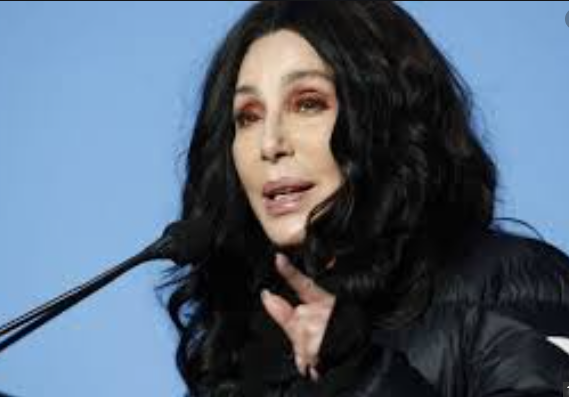Public Radio of Armenia. Armenian American pop star Cher (Cherilyn Sarkisian) calls for U.S. action over Turkey-backed Azerbaijani unprovoked aggression against the Republic of Artsakh and Armenia.
“The pandemic, election and other important issues in the world are distracting people from the ethnic cleansing campaign removing Armenian civilians from their ancestral home in Artsakh. Azerbaijan has attacked Armenia with the assistance of Turkey; given the history of Armenians and Turkey and the genocide, the records of human rights violations, it is time to cut and impose sanctions on these countries,” the Armenian American superstar says in a video message.
“With all the needs within our own country, why do we send American taxpayer dollars and sell weapons to these authoritarian regimes? Outrage isn’t enough, raising awareness isn’t enough. Contact your representatives now and demand action. Tell them that it must stop now,” she adds.
Read also
Cher also highlights resources from the Armenian National Committee of America and Armenian Assembly of America, as well as requesting humanitarian aid to the Armenia Fund.
According to The Hollywood Reporter, Producer and activist Eric Esrailian, who organized the PSA and has led the charge in raising awareness around the crisis, says both he and Cher are not calling for American military involvement, but for the U.S. to cut off aid and weapon sales to Azerbaijan and impose sanctions. Congress had begun working on similar language before it was derailed by Amy Coney Barrett’s Supreme Court nomination, pandemic relief and the election.
“Now that the election is over, I’m hoping that we can reactivate our legislators,” Esrailian says, adding that the U.S. talks about “not giving into autocratic or dictatorial regimes throughout the world, yet our actions are not consistent with our words when we allow for an oil-rich country like Azerbaijan to get United States taxpayer money for foreign aid.”
He also hopes that Cher’s fanbase, which expends far beyond the Armenian community, will help to engage voices around the world and gain the national media attention that has lacked in the last two months, “given the scale of the humanitarian catastrophe.”
“I think that the attention that has come out in the news has been too neutral because it hasn’t been well informed,” Esrailian adds. “A lot of reporters are getting information that is third-hand or from state-sponsored news sources — what it ends up looking like is just two countries fighting, as opposed to one country trying to ethnically cleanse a population from another region.”


























































